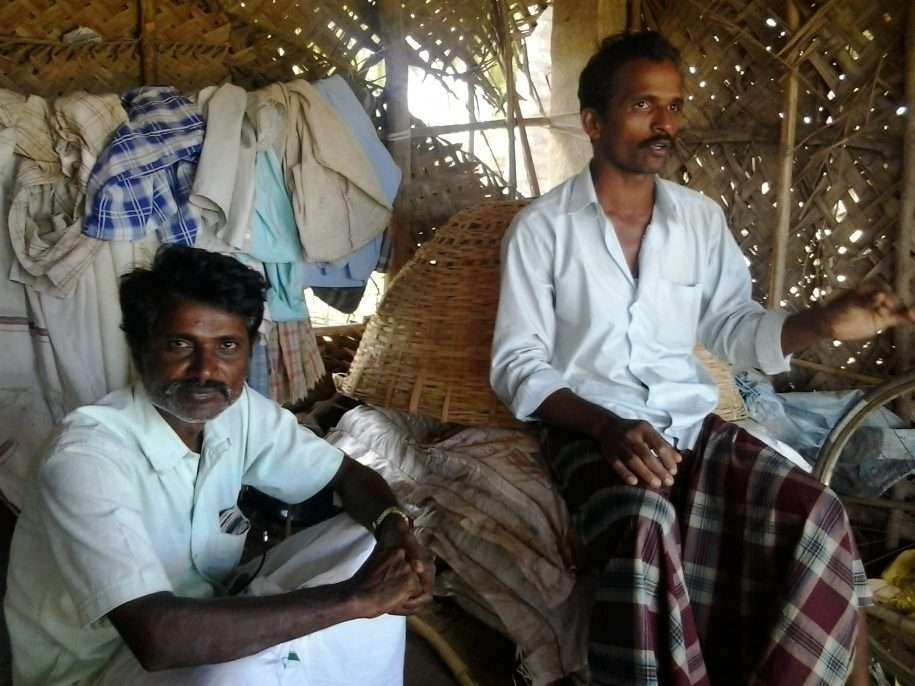This paper explores the uptake of branchless banking in one of the largest BC programs in the world, Financial Inclusion Network and Operations (FINO), which currently has over 48 million activated savings accounts across India. Despite being open, many savings accounts have remained dormant, thus raising the question of whether access alone can result in real financial inclusion. In this paper, the authors present the results of a randomized financial literacy training program offered to FINO clients on the transaction activities in their (no-frills) savings account. About 3000 clients, in two districts of the state of Uttar Pradesh, were randomly assigned to a control and a treatment groups out of whom 1500 treatment clients received two-day financial literacy training. Using the historical transaction data from savings account, the authors estimate the short run impacts of the financial literacy training on account usage.

Bringing the Bank to the Doorstep: Does Financial Education Influence Savings Behavior Among the Poor? Evidence from a Randomized Financial Literacy Program in India
Leopold Sarr, Santadarshan Sadhu, Nathan Fiala
2012




